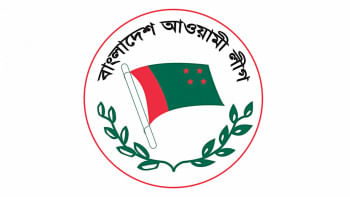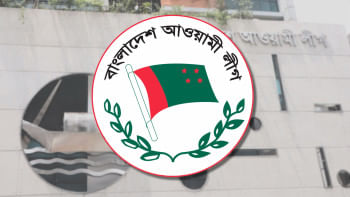Are directives only meant to be broken?

There hardly seems to be any point in raising our concern about electoral irregularities anymore, with the local elections having long turned into a farcical exercise. Yet, we must express our alarm at the way in which Awami League MPs have refused to comply with the directive—no less than from the ruling party itself—to ensure that no family members or relatives of theirs run in the upcoming upazila parishad elections. Despite repeated calls by the party, only one of the 16 relatives of ministers and MPs who were running for upazila chairman posts has complied, as the window for withdrawing nominations closed on Monday. The decision to ensure that no one elected is unopposed has also not been implemented in its entirety, according to a report by this daily.
What's most concerning is that this is not the first time that ruling party leaders have defied party orders and disregarded threats of punitive measures. While AL issued similar warnings prior to local government elections in the past, it later granted general amnesty to leaders who defied the directives. Even its threat of expulsion through amendment of its charter did not achieve the desired outcome. There are two ways we can interpret this: one, that the Awami League is simply paying lip service when it issues such directives without any real intention of following up on them; or two, that the leadership is struggling to maintain control over its members, despite its best intentions.
Whatever the case may be, the fact remains that such public reluctance of AL leaders to adhere to party directives reflects a systematic issue within the ruling party. When threats of punitive actions and attempts to enforce compliance through amendments to the party's charter don't work, it undermines the credibility of the party and the democratic process as a whole. Surely, the ruling party understands the implications of failing to reign in leaders who are repeatedly and publicly flouting its directives aimed at making the democratic process at least seemingly competitive.
It goes without saying that the involvement of family members and relatives of MPs in electoral contests not only perpetuates dynastic politics, but also reinforces the concentration of power within select elite circles. By fielding relatives for key positions, MPs are effectively extending their influence and control over local governance, further entrenching patronage networks and undermining merit-based representation.
Overall, the described electoral dynamics highlight the erosion of democratic norms and principles within the ruling party, where elections have become a mere formality devoid of genuine competition and accountability. Without meaningful reforms to address internal dissent, nepotism, and the culture of unopposed victories, the credibility and integrity of the electoral process will continue to be undermined, further eroding public trust in whatever remains of the democratic system.


 For all latest news, follow The Daily Star's Google News channel.
For all latest news, follow The Daily Star's Google News channel. 








Comments